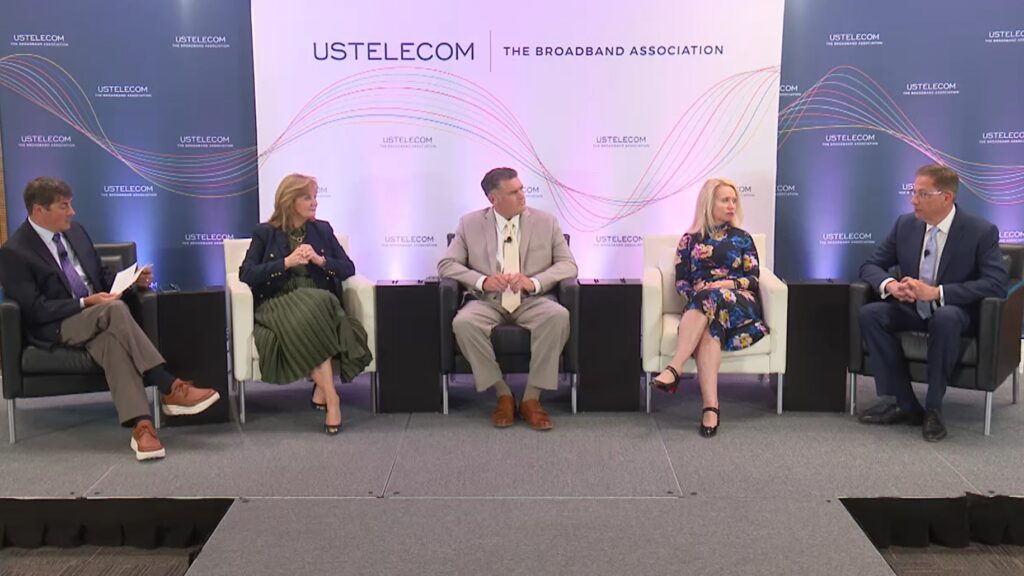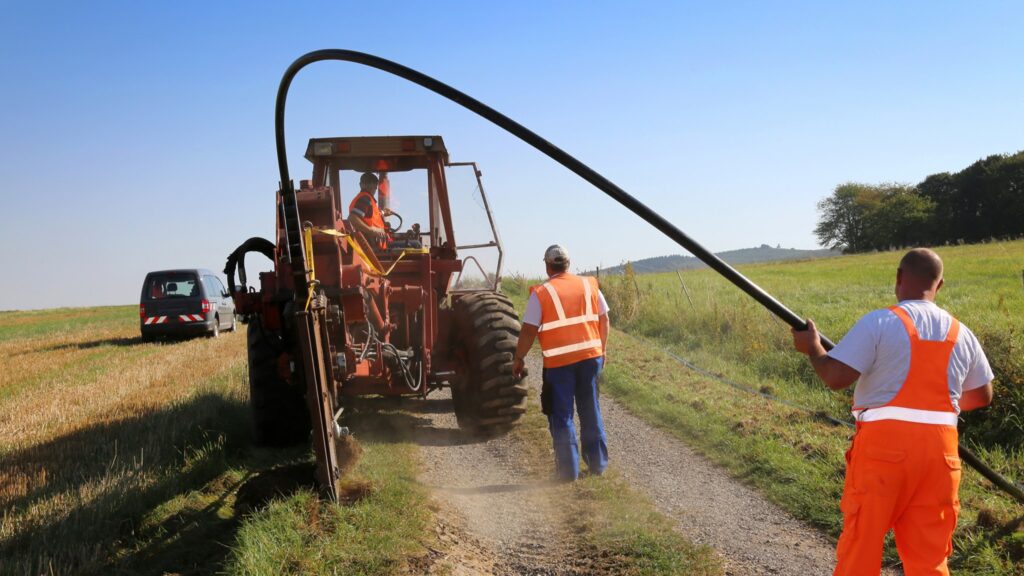Rural Providers Question Need for Customer Service Standards
Randy Sukow
|

A few weeks ago, the FCC asked a series of questions about the quality of customer service among telecommunications, cable TV and satellite service providers. For rural telcos, you might say those questions were right in their wheelhouse. Customer service is a mater of pride an honor to them.
“Frequent interactions with their subscribers in the community, whether it be at church, the grocery store, or another interaction within the community, are reported by NTCA members … Most still retain physical ‘storefront’ business offices in their serving areas where customers can walk in to pay bills or talk directly with representatives of the service provide,” said NTCA – The Rural Broadband Association in response to an October Notice of Inquiry. “This, as well as their abiding commitment to the rural communities they live in and often grew up in, gives them the perspective that customers are not just faceless names on a bill, but rather are fellow members of the community.”
As for specific customer service issues the Commission raises in the NOI, such as simple cancellations/disconnections, arranging for service calls, and prior and notification of planned outages, NRTC members already tend to have those along with 24/7/365 agents ready to help. “In short, NTCA members already have every incentive to ensure their customers are able to easily and frequently communicate with them for any reason, and their existing practices are exactly those the NOI seeks to promote,” the association said.
NTCA questioned whether customer service standards were necessary at the federal level, but if the FCC were to pass such rules, it was concerned that they would be leveled narrowly at service providers. “A uniform approach – with [Federal Trade Commission] general principles consistent with Section 5 of the FTC Act that provide guidance to the market overall – is the better approach, if any action is warranted at all,” NTCA said.
ACA Connects– America’s Communications Association also saw no need for new FCC customer service standards. Competition in the broadband business and the high cost of building networks gives ACA members, cable modem providers, every incentive to maintain high customer service, it said.
“Any proposed one-size-fits-all rule for customer service practices would ignore the reality that a best practice for a broadband provider with tens of millions of customers may not be the best practice for a provider with two hundred customers, and there may be multiple possible solutions to any given customer service issue,” ACA said.
The NOI asks about the possible effect artificial intelligence (AI) technology could have on customer service. “AI shows great promise in improving customer service, from triaging and routing customers to providing effective solutions more quickly than possible with only live agents,” said USTelecom – The Broadband Association. The association predicted that as AI-assisted chat agents mature, they will move more rapidly to elevate complex problems to the correct trouble shooters and at the same time quickly solve more simple problems.
“If providers fail to provide the customer service and engagement options that their customers expect and fail to resolve their customers’ concerns, they may soon find that the consumer is no longer a customer, having switched to another competitive offering,” USTelecom said.
Update, Dec. 11: NRECA filed reply comments in the FCC’s NOI and concurred with NTCA’s view that there is little need to proceed with a customer service rulemaking. It noted that NRECA members, like NTCA’s, are rooted in their communities and have strong customer service records. “This built-in local accountability for electric cooperatives explains why NRECA members already provide excellent customer service. According to Calix, the Internet service industry as a whole averages a customer satisfaction score of 16 on a 100-point net promoter score (NPS) scale, and a score of 33 is considered a ‘high’ score. Rural electric cooperatives routinely scored above 75,” NRECA said.


